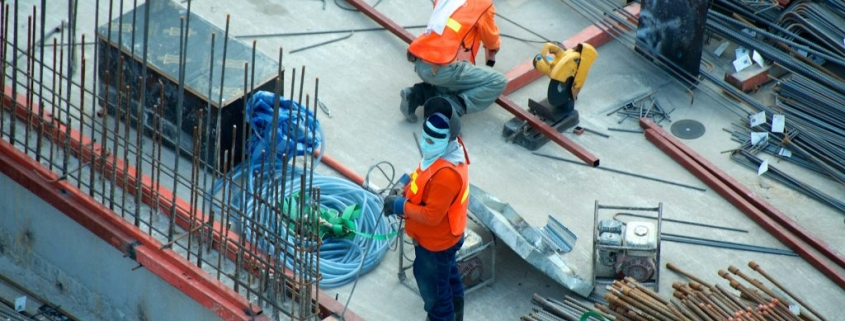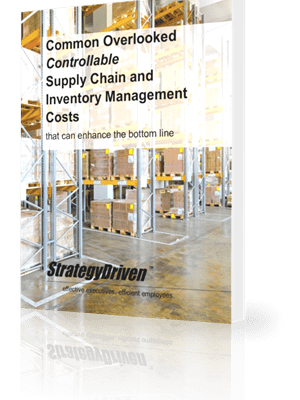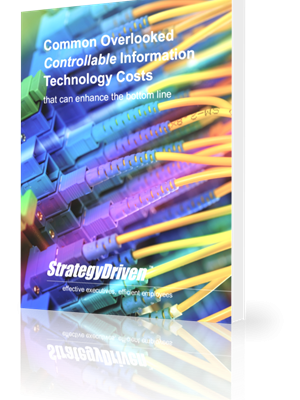Managing Distributed Teams With Timecard Apps for Construction

Construction companies with crews spread across multiple locations often face challenges tracking hours accurately and managing labor efficiently. Without real-time visibility, it becomes difficult to control costs, verify attendance, or respond to on-site changes. This is especially true when teams move between projects or shifts vary by day.
Many forward-thinking companies are turning to time card apps tailored toward the construction industry. These digital tools help contractors monitor worker hours, location, and project progress from anywhere, without relying on paper logs or secondhand updates. They offer a single source of truth for payroll, job costing, and compliance, no matter where the crews are working.
For businesses managing multiple job sites, adopting a reliable time tracking solution ensures that everyone receives accurate payments, projects stay on schedule, and managers make faster, more informed decisions.
Importance of Digital Time Tracking in Construction
Distributed construction teams deal with mobile crews, staggered shifts, and fluctuating site demands. In this environment, accurate time tracking helps managers stay aligned with real progress.
Rather than relying on handwritten logs or verbal reports, digital systems deliver immediate, verifiable input from each site. They also support cost control by reducing overbilling and aligning hours with budgeted tasks. When matched to daily goals, tracked time identifies lagging areas quickly.
Compliance is another benefit. Labor laws often demand precise records for audits or wage disputes. Digital logs ensure companies can respond fast, using time-stamped proof rather than memory or paper slips.
Core Features of Modern Construction Time Card Apps
Managing crews across multiple job sites presents coordination challenges, so the best construction time card apps need to do more than track hours. They need to enable smarter planning, better oversight, and reliable reporting from the job site to payroll.
With timecard apps, supervisors gain a dashboard view of all locations. They can confirm attendance, reassign workers, or respond to absences without waiting for field updates.
GPS and Geofencing Accuracy
Modern apps rely on location data to ensure team members clock in only when they’re physically on-site. This avoids early punches from home or late logouts after leaving.
Geofencing creates a virtual boundary around each job site, automatically validating worker location. It reinforces accountability and prevents time fraud without needing constant check-ins from supervisors.
Integration With Payroll and Job Costing
Field time flows directly into payroll software, cutting down on manual entry and errors. Clean, approved data gets exported in formats compatible with most payroll providers.
Apps also link time logs to specific tasks or cost codes, supporting real-time job costing. Managers can compare actual hours spent to estimated hours per task, giving better insight into margins and forecasting.
Smart Scheduling Capabilities
A top construction time tracking app like Buddy Punch includes PTO requests, accrual tracking, and basic scheduling. Supervisors can adjust shifts using intuitive drag-and-drop tools, as well as update schedules on the go through mobile devices. Employees receive instant notifications and reminders to keep everyone aligned.
If one site finishes early or experiences a delay, crew allocations can shift in real time. With the ability to assign workers by job site or project, these tools reduce no-shows, minimize miscommunication, and ensure crews are always where they need to be.
Compliance and Recordkeeping Tools
Labor law compliance requires secure and accessible records. Many apps automatically store timecards for years and allow digital signatures or notes to be added for dispute resolution.
Some even track mandatory breaks, overtime limits, or union rules based on project type or region. This reduces legal exposure and keeps operations audit-ready.
Practical Benefits for Payroll and Cost Control
Timecard apps reduce time theft by confirming worker presence. They also flag missed punches or irregular shifts, cutting down on manual corrections. Automated calculations help avoid overtime miscounts or missed meal breaks, which can lead to fines.
Key advantages include:
- Accurate clock-ins that eliminate early or off-site punches,
- Fewer payroll errors due to automatic total calculations,
- Faster approvals with streamlined review dashboards,
- Tagged hours linked to tasks or cost codes for better job costing,
- Real-time data that helps identify and correct overruns early.
Time tracking tools turn fragmented operations into an organized system with fewer blind spots. Productivity can be tracked hourly or daily, helping project managers identify where attention is needed.
Selecting the Best Construction Time Tracking Solution
Choosing the right app depends on your business’s unique needs, project demands, and team structure. There is no universal option, so the selection process must be thorough.
Comparing Time Tracking Apps
Price should not be the only factor. Businesses must consider how different tools handle integration with other systems, mobile performance, and reporting features. When comparing time tracking tools, it helps to look beyond surface features and assess how each option supports existing workflows, handles real job site conditions, and scales across multiple projects.
Ease of use, offline functionality, and data security all contribute to long-term success. Reviews, trials, and support responsiveness reveal friction points early, allowing construction teams to choose tools that align with daily field demands.
Matching Features to Project Scope
A small contractor with ten workers may need basic GPS and timesheet functions. A larger firm with several crews might require multi-project support, cost tracking, and deep payroll integration.
Matching the app’s capabilities to the size, complexity, and number of active projects ensures value without overload.
Evaluating User Experience and Support
Field teams often resist new software. A clean interface with simple workflows can ease onboarding. Mobile apps should work on both iOS and Android, with offline functionality in case of weak signal.
Vendors should offer responsive support and updates to meet changing compliance or payroll requirements.
Best Practices for Adopting Construction Time Card Apps
A smooth implementation avoids resistance and wasted time. A structured rollout builds trust and supports long-term results.
Secure Buy-In From Supervisors and Field Teams
Start by explaining the value to supervisors. Show how their jobs get easier with fewer paper logs and faster crew insights.
Supervisors then become allies, promoting adoption on each site. Field workers should hear directly that the app tracks time, not people, and helps ensure fair pay for all.
Train Workers on Mobile and Desktop Use
Use short sessions or video walk-throughs to help crews learn clock-in, break logging, and troubleshooting. Early training reduces confusion and supports consistent adoption across job sites.
For example, construction time tracking tools like Buddy Punch allow teams to clock in and out via mobile, web, or a shared kiosk. This flexibility fits varied site setups and ensures everyone can access the system. Office staff also need quick training on the desktop dashboard to manage approvals and reporting.
Monitor Early Metrics and Adjust Settings
Track punch accuracy, missed logs, and approval delays in the first few weeks. These early signals highlight setup gaps or confusion.
Adjust notifications, geofences, or approval flows as needed. By treating rollout as a process rather than an event, teams develop better long-term habits.
Smarter Workforce Management With Construction Timecard Apps
Timecard apps are no longer just digital punch clocks; they’re strategic tools that streamline payroll, enhance compliance, and provide real-time visibility into crew activity across multiple job sites. By choosing the right solution and implementing it thoughtfully, construction companies can reduce errors, cut costs, and boost accountability.
As technology continues to evolve, these apps will play an even greater role in creating connected, efficient, and resilient construction workforces.













Leave a Reply
Want to join the discussion?Feel free to contribute!